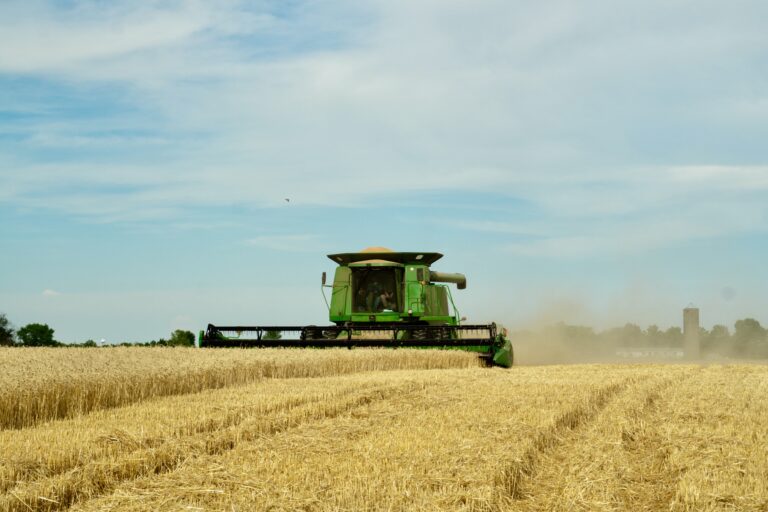Labour shortages are not a new issue in Canada, but the issue has been exacerbated in recent years with agri-businesses facing some significant worker staffing limitations that are impacting their ability to do business. As reported in a new Canadian Federation of Independent Business (CFIB) report, urging policymakers to address labour shortages in agriculture:
- 74% of agribusiness owners are having to work more hours to meet deadlines
- 63% of agribusinesses could not get all the staffing they needed
- 48% have had to turn down sales or contracts and 41% decrease service offerings due to lack of staff
The CFIB report also notes excessive costs in other areas impacting agri-businesses’ ability to hire more workers. This includes ever-increasing tax burdens, such as the carbon tax, for which agri-businesses in Alberta, Saskatchewan, Manitoba, and Ontario paid over $51,000 in federal carbon taxes from 2020 to 2021. Additionally, with rising Employment Insurance (EI) and Canada/Québec Pension Plan (CPP/QPP) premiums taking a toll, 57% of agri-businesses stated that reducing wages, benefits, hours, etc. will be inevitable to mitigate the impact.
Not only are such limitations on worker staffing impacting global food security, as discussed in the report, there also are significant food safety issues that can result from labour shortages, such as:
- When staff is limited, workers are more likely to try to take shortcuts to get the food produced and shipped. But cutting corners can lead to significant contamination potential.
- Staffing shortages also can reduce the time and capacity for training, re-training, and general oversight as all are simply working to get the essential work completed. This is particularly evident when the business owners themselves are having to work long hours simply to meet production deadlines.
- Worker shortages often lead to the hiring of temporary workers from employment agencies who have little to no background in agri-business – with nearly the entire plant being staffed by temp workers. It’s of little surprise that such plants have significant quality and safety issues.
- With high turnover an ongoing issue in the industry, onboarding training is a constant challenge as well. This is a particular issue in food plants, especially meat processing, where food safety culture is affected because of changeover and inadequate training.
For agribusinesses, the CFIB Report recommends solutions such as increasing wages, utilizing Temporary Foreign Worker [TFW] programs, hiring retired workers, and increasing automation. However, there also are downsides to each of these. For example, wages have increased, but there is a limit to how high these can go due to both the thin margins in many food sectors and the current financial straits noted at the beginning of this article. While hiring workers who have retired from the industry could be an option, such workers are likely seeking only part-time and may have health or other issues to contend with – which led to their retirement in the first place. Hiring TFW workers brings in the issue of training, which is difficult when staff time is already at a premium; and increasing automation could be a good option, eventually paying for itself, but the initial expense is likely prohibitive for many businesses that are already under financial duress.
The Canadian government is not oblivious to the issue. In fact, on November 1, the Immigration, Refugees and Citizenship department released its 2023–2025 Immigration Levels Plan, embracing immigration as a strategy to help businesses find workers and to attract the skills required in key sectors. The plan seeks to bring in nearly 1.5 million permanent residents over the next three years. Among the plan goals are to welcome newcomers with the required skills and qualifications in sectors facing acute labour shortages such as, health care, manufacturing, building trades and STEM (Science, Technology, Engineering and Math), and increasing regional programs to address targeted local labour market needs.
With the initial 2023 goal being the gaining of 465,000 new residents in 2023, agribusinesses can hold out hope that a good percentage of these are skilled or highly trainable workers that can be quickly and easily integrated into their quality and food-safe workforce.





